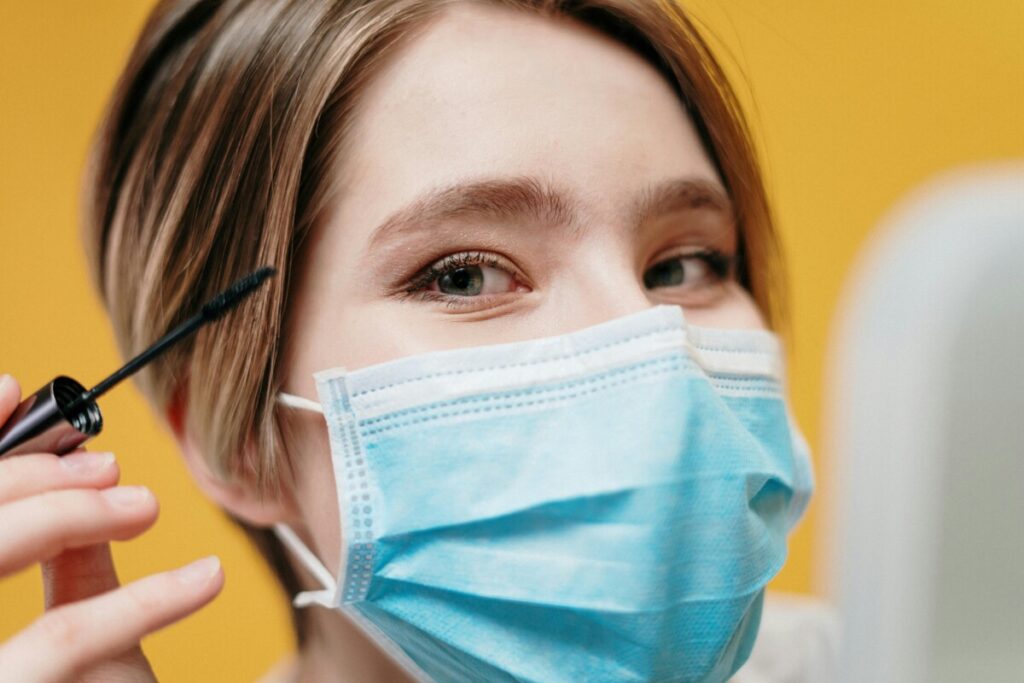“Stay Healthy on the Go: Essential Immune Health Tips”

In today’s fast-paced world, it is crucial to maintain optimal immune health, especially when traveling or constantly on the go. Whether you are embarking on a business trip, enjoying a vacation, or simply navigating a busy lifestyle, supporting your immune system is key to staying healthy and resilient against illnesses. In this comprehensive guide, we will explore essential tips for immune health to help you stay healthy and vibrant, even when life keeps you on the move.
Understanding the Immune System
Before delving into immune health tips, it’s essential to understand the basics of the immune system. The immune system is a complex network of organs, cells, and molecules that work together to defend the body against harmful pathogens, such as bacteria, viruses, and fungi. A robust immune system is vital for maintaining overall health and protecting against infections and diseases.
Essential Immune Health Tips for Travelers and Busy Individuals
1. Prioritize Sleep Quality and Quantity
Quality sleep is essential for optimal immune function. Aim for 7-9 hours of restorative sleep each night, even when traveling. Stick to a consistent sleep schedule, create a relaxing bedtime routine, and optimize your sleep environment by minimizing noise, light, and electronic distractions.
2. Maintain a Balanced Diet
Nutrition plays a critical role in supporting immune health. Focus on consuming a varied diet rich in fruits, vegetables, lean proteins, whole grains, and healthy fats. Incorporate immune-boosting foods such as citrus fruits, leafy greens, garlic, ginger, yogurt, and nuts into your meals to provide essential vitamins, minerals, and antioxidants.
3. Stay Hydrated
Proper hydration is essential for maintaining immune function and overall health. Drink plenty of water throughout the day, especially when traveling or exposed to dry environments. Limit consumption of sugary beverages and alcohol, as they can dehydrate the body and weaken immune defenses.
4. Practice Good Hygiene Habits
Maintaining good hygiene practices can help prevent the spread of germs and reduce the risk of infections. Wash your hands frequently with soap and water for at least 20 seconds, especially before eating, after using the restroom, and after touching high-touch surfaces in public places. Use hand sanitizer containing at least 60% alcohol when soap and water are not available.
5. Stay Active and Exercise Regularly
Regular physical activity is beneficial for immune health and overall well-being. Incorporate exercise into your daily routine, even when traveling. Choose activities you enjoy, such as walking, jogging, cycling, or yoga, and aim for at least 30 minutes of moderate-intensity exercise most days.
Here I added this video: Staying Healthy on Go: Essential Immune Health Tips
6. Manage Stress Effectively
Chronic stress can weaken the immune system and increase susceptibility to illness. Practice stress management techniques such as meditation, deep breathing exercises, yoga, or tai chi to promote relaxation and reduce stress levels. Prioritize activities that bring you joy and relaxation, even during busy times.
7. Get Vaccinated and Stay Up to Date on Immunizations
Vaccinations are essential to maintaining immune health, especially when traveling to areas with increased disease risk. Ensure you’re up to date on routine vaccinations recommended by healthcare professionals and consider additional vaccinations or boosters based on your travel destination and itinerary.
8. Supplement Wisely
While a balanced diet should provide the most essential nutrients, certain supplements may support immune health, especially during times of increased stress or illness risk. Consult with a healthcare professional before taking any supplements, and consider options such as vitamin C, vitamin D, zinc, probiotics, and elderberry extract, known for their immune-boosting properties.
9. Practice Safe Travel Measures
When traveling, take precautions to minimize exposure to germs and reduce the risk of illness. Avoid close contact with sick individuals, practice respiratory etiquette by covering your mouth and nose with a tissue or elbow when coughing or sneezing, and maintain physical distancing whenever possible. Follow guidelines from public health authorities and travel advisories to stay informed about potential health risks at your destination.
Conclusion
Maintaining optimal immune health is essential for staying healthy and resilient, whether you’re traveling or navigating a busy lifestyle. By prioritizing sleep, nutrition, hydration, hygiene, physical activity, stress management, vaccinations, supplementation, and safe travel practices, you can support your immune system and reduce the risk of illness. Incorporate these essential immune health tips into your daily routine to stay healthy, vibrant, and resilient, even when life keeps you on the move. Remember that consistency is key, and small, consistent efforts can make a significant difference in maintaining immune health and overall well-being.
https://holisticwellnesswave.com/index.php/2024/03/06/understanding-ph-balance-exploring-the-alkaline-diet/
https://www.cdc.gov/
FAQs
Q: What does it mean to have a weak immune system?
A: Having a weak immune system refers to a condition where the body’s defense system isn’t functioning optimally, making it easier for pathogens to cause infections.
Q: How can you boost your immune system?
A: You can boost your immune system by incorporating a balanced and healthy diet, getting enough sleep, exercising regularly, managing stress levels, and staying hydrated.
Q: What are some essential tips to strengthen your immune system?
A: To strengthen your immune system, focus on consuming immune-boosting foods such as fruits, vegetables, whole grains, and lean proteins, as well as staying physically active and maintaining a healthy weight.
Q: What are the key parts of the immune system?
A: The main parts of the immune system include white blood cells and antibodies. It also includes lymph nodes, bone marrow, the thymus, and the spleen. They work together to protect the body from harmful microorganisms.
Q: How does the immune system fight infection?
A: The immune system fights infection by spotting pathogens. It makes antibodies to target them. Then, it sends immune cells to kill the invaders.







